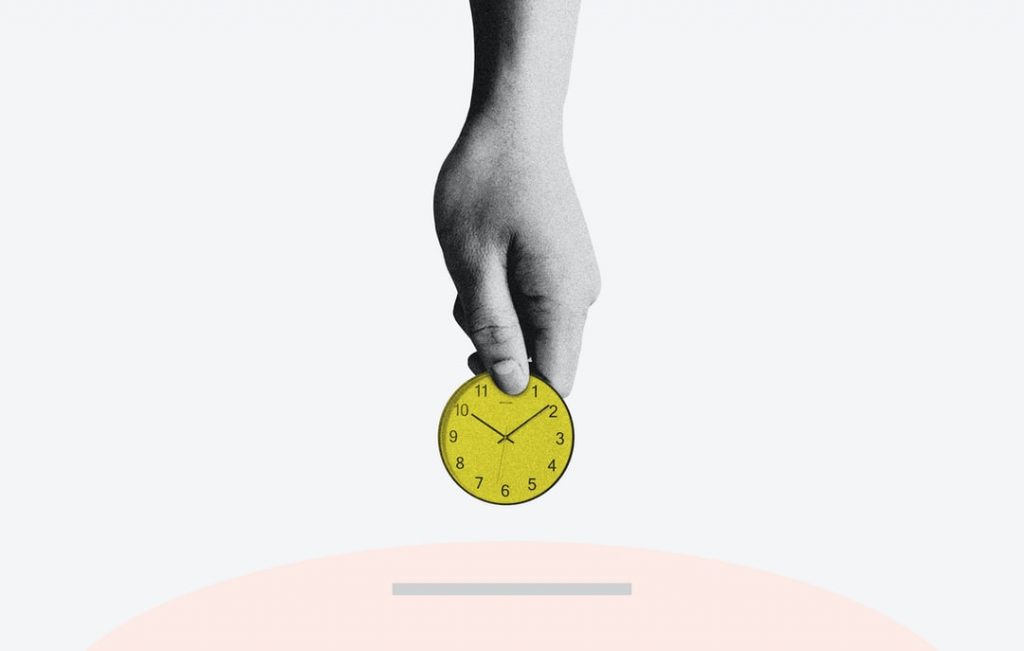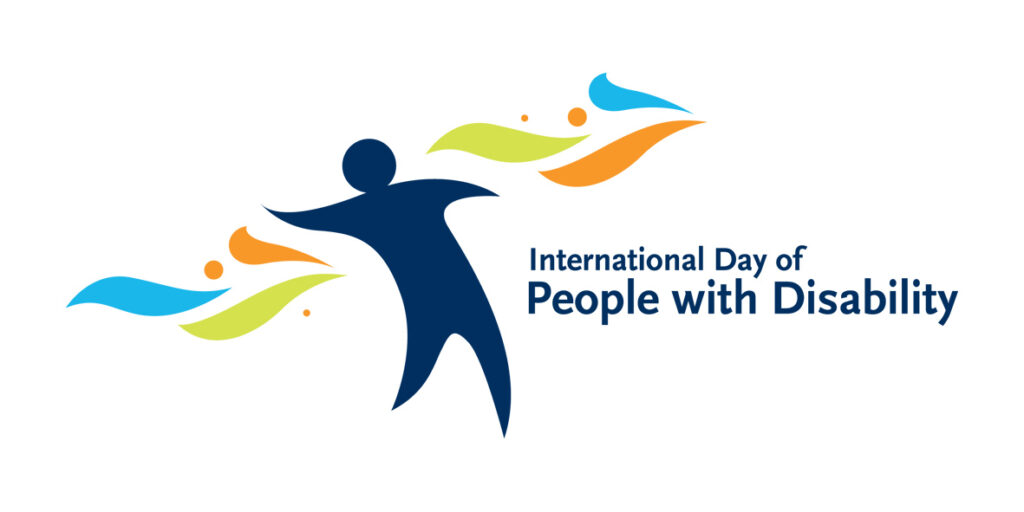
Via email: foundationalsupports@thesocialdeck.com
Foundational Supports: Consultation
Thank you for the opportunity to provide input on the design of the new system of Foundational Supports. With NDIS changes now in effect and their full scope becoming clearer by the day, it is vital that Foundational Supports are developed in the right way, from the beginning.
With this joint submission, we focus on the role of the States and Territories, specifically the Australian Capital Territory (ACT), in the design and delivery of the new system of Foundational Supports. We identify four key components critical to the success of the new system: Design and Transition, Advocacy, Information and Referral, and General Support Priorities and Gaps. Each of these components is discussed in turn.
About us
Advocacy for Inclusion (AFI) is an independent organisation delivering reputable national systemic advocacy informed by our experience in individual advocacy and community and government consultation. We provide dedicated individual and self-advocacy services, training, information and resources in the ACT. As a Disabled People’s Organisation, the majority of our organisation, including our Board of Management, staff and members, are people with disabilities. AFI speaks with the authority of lived experience. It is strongly committed to advancing opportunities for the insights, experiences and opinions of people with disabilities to be heard and acknowledged.
Women with Disabilities ACT (WWDACT) is a systemic advocacy and peer support organisation dedicated to advancing the rights, safety, and inclusion of women, girls, and non-binary individuals with disabilities in the ACT region. Established in 1995, PWDACT’s work is underpinned by a human rights philosophy, aligning closely with the Convention on the Rights of Persons with Disabilities (CRPD) and the Convention on the Elimination of All Forms of Discrimination Against Women (CEDAW). WWDACT is unique in its intersectional approach to gender and disability advocacy, utilising co-design principles and the lived experiences of community members to influence policy and drive systemic change. We are proudly owned and operated by women* with disabilities, which gives us an authentic voice that resonates with the community we serve.
ACT Down Syndrome & Intellectual Disability (DSID) is committed to promoting and supporting inclusivity across the ACT and surrounding regions by ensuring the authentic voice of people with intellectual disability is heard and understood. We work actively within the community to assist in the removal of barriers for people with disability to access mainstream services and we aim to improve the quality of life for people with intellectual disability by providing support and information to their families, carers, schools, employers and other organisations.
Design and transition
Resources within the ACT government: The design of a new system of Foundational Supports presents an opportunity to reflect, take stock, and lay a solid foundation that works in concert with the National Disability Insurance Scheme. In recent years, and as surfaced through the 2019 Independent Review of the Australian Public Service led by David Thodey as well as subsequent reviews, program design and management have increasingly been carried out externally by labour contractors and consultants. It is essential that dedicated and adequate resourcing to the design of foundational supports is provided within Government. This involves significantly bolstering in-house policy capability for the State and Territory taskforces.
Our view is that ACT Government capability needs to be around double what it is now if we are to meet community expectations for adequate consultation and elements of co-design and the delivery of a new system within an adequate timeframe. The changes to the NDIS and the decisions by a number of agencies to leave disability provision due to sustainability issues mean that there is an urgent and immediate imperative to ramp up work on Foundational Supports. And to get it right.
Support for people with disability and trusted organisations: In addition to bolstering in-house policy capacities, adequate resources and funding also need to be available for people with disability, including the sector, to engage in the construction of Foundational Supports. This includes funding and support for disability directed organisations to audit, stock take, and surface to deliver Tier 1 supports for information, referral and advocacy. The NDIS has taught us much about the need for supports that are grounded and controlled in the local community rather than outsourced or provided by interstate providers with limited local capacity. This system requires State- and Territory-based engagement strategies. The design and provision of these supports cannot be left to large organisations operating outside of local jurisdictions, and it cannot be left to the Commonwealth.
Disability-controlled organisations provide a unique value proposition by promoting the rights, needs and interests of people with disabilities. These organisations amplify the voices and experiences of individuals with disabilities, ensuring they are heard in policy discussions, community planning, and societal debates. They play a crucial role in driving social change, ensuring that people with disabilities have equal opportunities and rights within society. This is achieved through community building and understanding the intersections between individual experiences and systemic challenges. It is vital that these organisations receive the support they need to help them identify and surface delivery capabilities as the new program is built.
Procurement principles: A critical step in the design of this new system will be establishing a set of procurement principles and themes. These should be, for example, locally focused, disability-controlled, accountable, bespoke, and person-centred. It is also important that any funding decisions consider compliance and adherence to the United Nations Convention on the Rights of Persons with Disabilities (UN CRPD). This would exclude, for example, the funding of segregated schooling and complex residential homes.
Implementation needs to accelerate as NDIS is cut: At present, and with recent changes to the NDIS, there is an acceleration of NDIS re-assessments and the removal of supports. The tension between the NDIS and a new system of Foundational Supports is a delicate balancing act which requires care and coordination. Slowing down or removing NDIS support without the necessary support safety net risks placing many individuals in a precarious situation. Unless the NDIS changes slow down this cannot occur without the acceleration of the design of foundational supports.
One approach to navigating this tension is to identify and provide early lifelines to service elements that are withdrawing from the NDIS or getting thin in the regions. Community transport in the ACT is offered as an example. Community transport is a unique and vital resource which allows people who experience transport disadvantage to have their travel needs met. However, changes to the pricing structure have rendered these services financially unsustainable. The few services that are still offered are at risk of closing down and some providers have left the market. Needs do not disappear when a service disappears and the ACT’s public transport system is not capable of meeting the individual needs of NDIS participants. In the recent National Disability Service pulse survey, 83 per cent of providers raised concerns about their ability to deliver services within the new price limits.
Design features: It is also important to differentiate between this new system and the NDIS. While the two systems need to work in concert, Foundational Supports should not replicate the NDIS but should also incorporate some of the better features of it. It is important that their distinctions are surfaced and made clear. We strongly advocate for the foundational support ecosystem to be built in a way that encourages the emergence of sustainable quality local- and community-managed providers. The new system can, for example, include block funding, but it is vital that the client interface reflects a person-centred approach and includes the ability to choose services.
Entry: It is also important that the new system does not include means testing or provide any additional barriers that make entry or access difficult. Instead, they must be bedrock, consistent, and entitlement based. In terms of access and usage, the new system must reduce complexity as well as requirements for complex online management and navigation. The new system cannot become weighed down by administrative burdens. Simplicity and ease of use must be core tenets in all design decisions.
Finally, we recommend simplifying the grants process as well as extending contracts to enable initiatives to build overtime. This will facilitate the consistency and continuity of effective programs and recognise that such effects take time to emerge.
Advocacy
Systemic advocacy and peak bodies play a crucial role in supporting the disability community as well as the government. Community sector organisations are under increasing pressure and strain with the load of disability reform work. Advocacy organisations are under genuine and sustained pressure in our individual and systemic advocacy work due to demography, NDIS changes, multiple reform approaches, expanded expectations, and the continued fallout from COVID. Under these conditions, it is difficult to meet Government and community expectations for continued engagement in reform work without appropriate resourcing.
While the new system of Foundational Supports should also incorporate an expanded role and resourcing for advocacy. The ACT, for example, has experienced an unprecedented demand for disability advocacy services. It is essential that funding for advocacy be appropriately separated and protected within the system with careful definitions in order to preserve independence. In terms of independence, advocacy cannot be provided by an organisation that also provides supports. These elements must be kept separate and distinct.
Information and referral
There is a strong need for locally designed and operated informational and referral services that are managed by people with disability and are continuously updated. This cannot be a set and forget static service or website. Instead, it needs to be an appropriately staffed dynamic service equipped with peer review capacities, disability control, and the ability to genuinely compare services by transparently rating and critiquing service offers. This requires a great deal of integration across places, spaces, and NDIS services. It needs to be continually updated to keep up with the rapid changes in the service landscape. It must be staffed by human operators with actual knowledge and intelligence about accessible spaces, places, venues and services. It is almost important that such services are accessible and can be reached and navigated by phone.
The service should be modelled on the specialist disability information services program which was defunded by the Commonwealth in 2015 but operated in the State and Territories and connected through a national network. It is important that this does not become an additional national website replete with limited or redundant information, government only services and dead links like the Disability Gateway. Investment in navigation needs to be accompanied by investment in information and actual service design so people have services to actually navigate between.
In summary, we are advocating for a state-based information referral service, that is not for profit, human resourced and staffed and not just web-based and is continually updated. Such a service needs to be an intensive service offering both information referral with local knowledge and case management services.
General support priorities and gaps
Foundational supports must add to the support ecosystem and address known gaps by genuinely reaching new groups of people for supports, not just those no longer on the NDIS. This includes, for example, mental health support for people with disability, including people with intellectual disability, as well as funding for case management and people requiring intensive wraparound services.
Recognising and incorporating supports focusing on broader capacity building is an essential component of the new system. At present, there is a significant gap in the existing CATS funding when it comes to assisting individuals with meal planning, grocery shopping, and meal preparation, for example. At present, there is also a lack of identified supports that assist people moving out of, and staying out of, segregated and closed settings and acute interactions. This includes hospitals, group homes, nursing homes, and the CYPS system. It is important that any support provided focuses on helping individuals build independent living skills rather than providing direct assistance.
Often, capacity building supports are linked to an employment outcome. There is a great need to focus on community development, recreation, skills, and social participation without an employment outcome, especially for isolated groups like older women. It is also important that capacity building supports are developed with a gendered lens addressing the systemic gaps to ensure women, girls and diverse people have access to the support they need.
Supports focusing on preventative healthcare, wellness and pain management for people with disability are also essential. Community-based preventative health services offer safe and affordable ways for people with disability and older people who use them to manage pain, weight, and wellness in ways that enable them to stay out of hospitals or even nursing homes.
Importantly, access to community-based services can also serve to alleviate social isolation and loneliness as the degree to which individuals are interconnected and embedded in communities has a powerful impact on their health and wellbeing.
It is also important to ensure the continuation of bespoke services that do not thrive in a market-based system. For example, organisation’s such as Technology for Ageing and Disability ACT (TAD ACT) which provides specialised custom assistive equipment that solves the specific problems faced by an individual.
Other issues:
There is currently a lack of means to get assessments to support NDIS access applications, especially for those on low incomes, JobSeeker, or Disability Support Pension. Previously, there was an avenue for those with complex needs through Complex Case Management funding through Communities at Work. The cessation of this support has put many people needing ongoing support at a further disadvantage in obtaining the evidence required for NDIS access approval.
Additional support gaps include support to maintain one’s home, to address hoarding issues, and assist with (government) paperwork. AFI often receives requests for assistance in these areas, yet there currently appear to be no appropriate services, within the existing system, to refer these clients to.
In closing
The design and implementation of the new system of Foundational Supports answers a pressing need and presents an enormous opportunity. It is vital that disability and community organisations are supported and included during this process, and it is essential that support gaps are appropriately surfaced and understood. The risk of insufficient investment and planning for foundational supports is that they fail to deliver, a risk which will have significant flow on effects across the board from community housing, family children’s services to legal aid. To get this right, the new system must move forward and learn from the mistakes of the NDIS if it is to create a true ecosystem of support so that the NDIS is not an ‘island in the desert’ as suggested by the NDIS review.
This is a joint submission but in the first instance you can discuss by contacting Craig Wallace, Head of Policy at Advocacy for Inclusion via craig@advocacyforinclusion.org.







